You Snooze, You Lose!
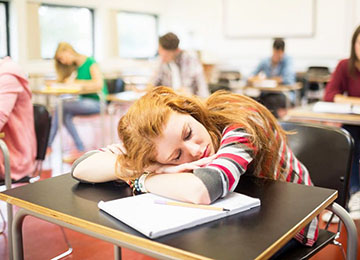
Tired students can’t learn at their best because sleep deprivation impairs learning, memory, and attention.
February 21, 2017
Wake up, hit snooze. Wake up again, hit snooze. Wake up, “Oh no, I’m so late for school!” Many high school students are not getting enough sleep.
Falling Asleep in Class
According to the article “Sleep, Learning, Memory”, posted on the website for Harvard University Medical School <healthy.sleep.med.harvard.edu>, “Lack of adequate sleep affects mood, motivation, judgment, and our perception of events.”
This can affect their performance in school. When students are sleep-deprived, their focus drifts, making it more difficult to receive information.
When students don’t receive enough sleep they fall asleep in class, not focusing their attention on the subject. Junior Catherine Flores recalls that focusing too much on the time that class is going to end, makes her even more sleepy.
It’s difficult for teachers to have to put up with students falling asleep in class. “Whenever a student falls asleep in my class, I feel bad and disrespected because it shows me that they don’t care about what I say,” says social studies teacher Ms. Waters.
English teacher Mr. Waugaman says that sleep deprivation causes students to inadvertently put their heads down in class and feel lethargic. He suggests that teachers should provide options for students to manage their time so that they get enough sleep.
The National Institute of Health reports that teenagers need at least nine hours of sleep at night, but only 9% are meeting these recommendations and 20% are getting by on less than five hours. Senior Jamilee Yern says she sleeps about five hours each night but makes up the extra hours by taking a nap when she gets home.
Junior Valentina Molina also sleeps around 4-5 hours but likes to sit close to the teacher in class to feel more focused.
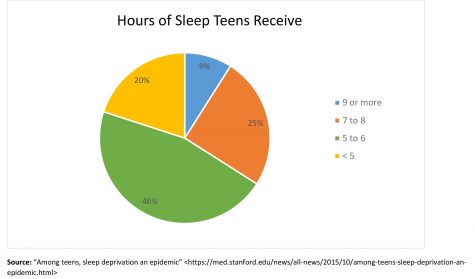
Social Life or Get Enough Sleep?
Daymee Sanchez, who’s in Color Guard, says, “Being a perfect student nowadays is nearly impossible because of all the high standards. Teachers assign a lot of work, society expects us to have a social life, be active, volunteer, and study.” She feels drained out from her daily activities and feels tired when getting to class.
Other students, like sophomore softball player Antonia Cervantes, have no trouble going to sleep early. “I always feel that I get enough sleep because I’m usually tired when I come home from practice,” she says.
Many students stand in front of a computer or television screen for hours which affects sleep patterns. According to the article “Technology and Sleep” posted on the website Tech Time Out <techtimeout.com>, “Technology impacts our sleep because the devices are mentally stimulating; the light from the devices suppresses melatonin, a sleep-inducing hormone.” About 72% of teens sleep with at least one electronic device in their bedroom, which leads to more distractions.
Solutions for Sleep Deprivation
So, how can we solve this issue of sleep deprivation? Junior Brianna Rodgers believes school should start later because “it’s been shown that teenagers aren’t really able to understand what is being taught until after 10:00 a.m. We’re basically just coasting through our first two blocks.”
Senior Hilario Martinez says that to avoid feeling sleepy in the afternoons, he takes Dayquil or splashes some water on his face. Jamilee Yern recommends students take naps, eat breakfast every day, and manage their time wisely.
Ms. Waters believes that parents and families at home need to motivate students to go to sleep earlier.

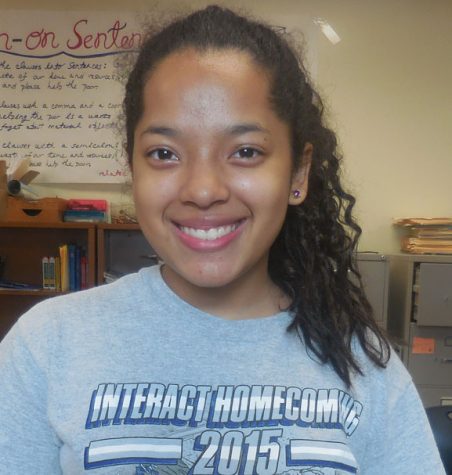
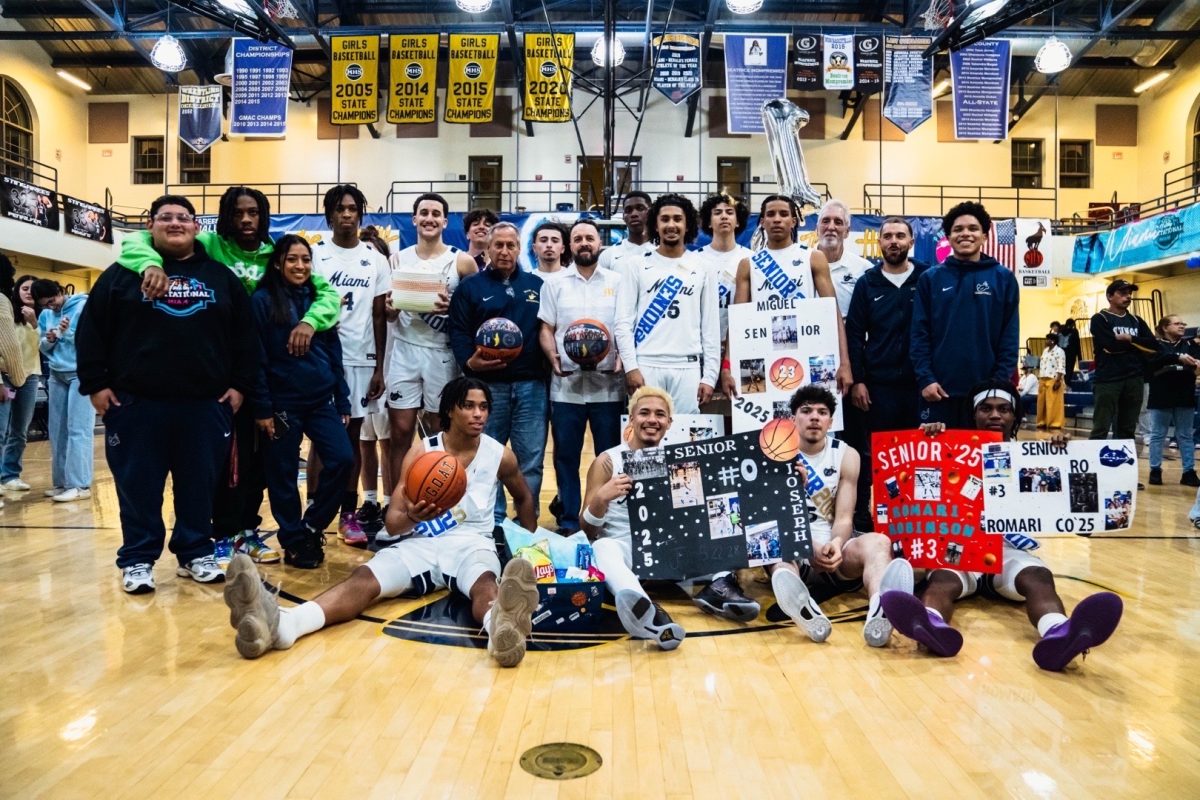

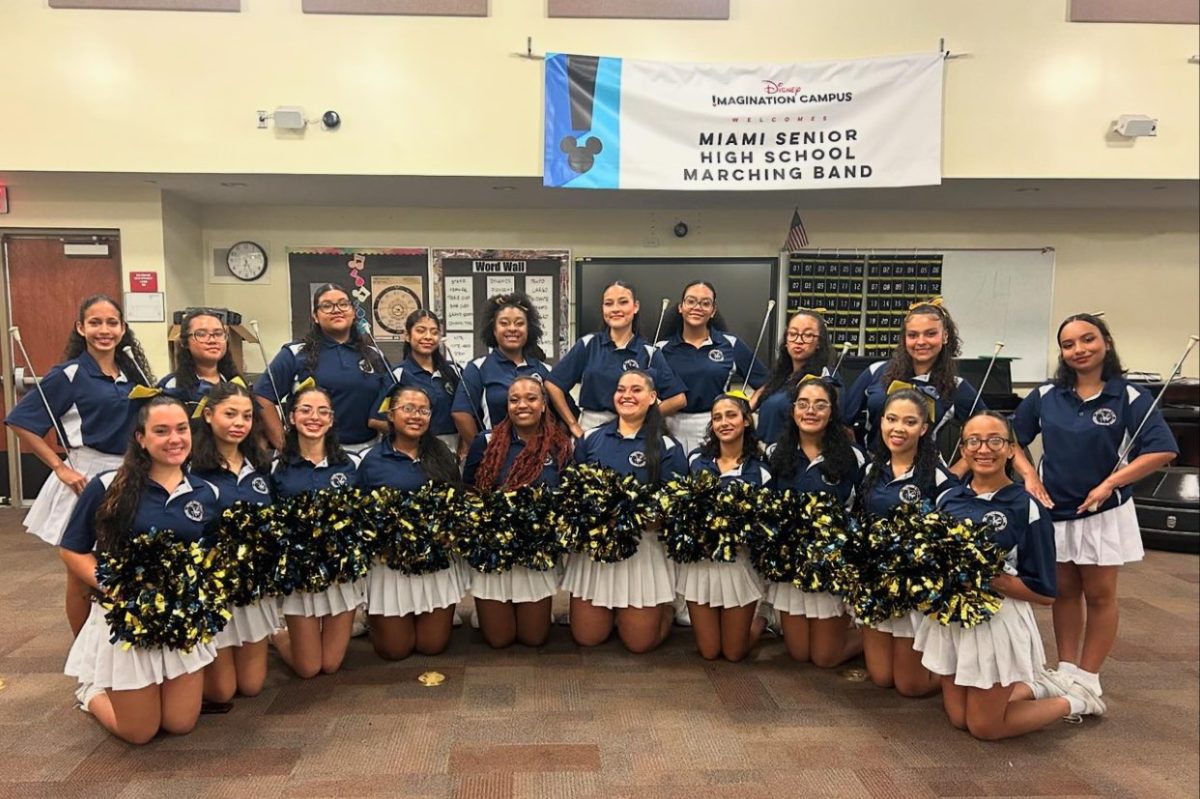

Maria Muñoz • Mar 3, 2017 at 8:31 am
I think this is true and I hope that this article get to make people sleep for more hours and have more energy when the class is given